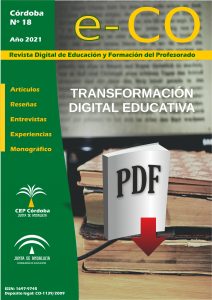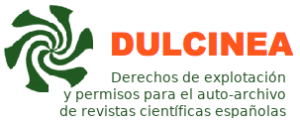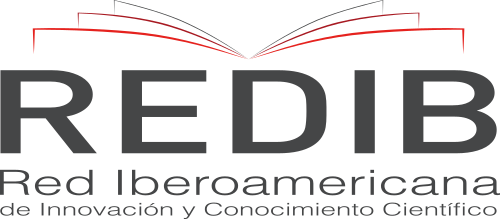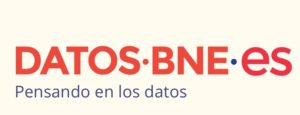AUTORA:
Vilma Jones Soutt
Universidad Internacional Iberoamericana, UNINI
Resumen
A pesar de que en los últimos años se ha hablado mucho del tema de inclusión educativa en Costa Rica, aún existen inquietudes y quejas por parte de los docentes de enseñanza regular con respecto a la falta de información y de pautas que clarifiquen sus responsabilidades en el proceso de inclusión. El atender al alumnado con o sin necesidades educativas especiales, en el aula regular, es un gran reto para estos, ya que se debe cumplir con los objetivos curriculares propuestos y, aplicando, diversas estrategias metodológicas para una gestión curricular de calidad que, en ocasiones, se ve afectada por la diversidad colectiva. Por lo anterior, con el objetivo de analizar las competencias docentes en la aplicación de estrategias de intervención en el aula durante el proceso de enseñanza-aprendizaje para una educación inclusiva y de calidad en el sistema educativo de Costa Rica, se realizó una investigación de enfoque mixto, con la participación de 385 profesores de I – II Ciclo, y de III Ciclo y Educación Diversificada, pertenecientes a instituciones públicas. Entre los resultados cuantitativos preliminares se ha podido identificar que un 85% de los docentes concuerdan en que utilizar actividades alternativas de nivel de complejidad es adecuado para el progreso del alumno en el desarrollo de sus competencias, asimismo un 92% también manifiestan que aplicar estrategias metodológicas adaptadas durante la mediación pedagógica en función de las habilidades, favorece prácticas inclusivas.
Abstract
Despite the fact that in recent years there has been much talk of the topic of inclusion in education in Costa Rica, there are still concerns and complaints by teachers of regular education with respect to the lack of information and guidelines that clarify their responsibilities in the process of inclusion. To attend to pupils with or without special educational needs in the regular classroom, it is a great challenge for these because it must comply with the curricular goals proposed, and implemented, various methodological strategies for a curriculum management of quality that, at times, is affected by the collective diversity. Therefore, with the aim of analyzing the competencies of teachers in the implementation of intervention strategies in the classroom during the teaching-learning process for an inclusive and quality education in the educational system of Costa Rica, an investigation was made of mixed approach, with the participation of 385 teachers of I – II Cycle, III Cycle, and Education Diversified belonging to public institutions. Between the preliminary results quantitative has been able to identify that 85% of the teachers agree that the use of alternative activities level of complexity is appropriate for the student’s progress in the development of their skills, also a 92% also state that to apply methodological strategies adapted for the pedagogical mediation depending on the skills, promotes inclusive practices.







